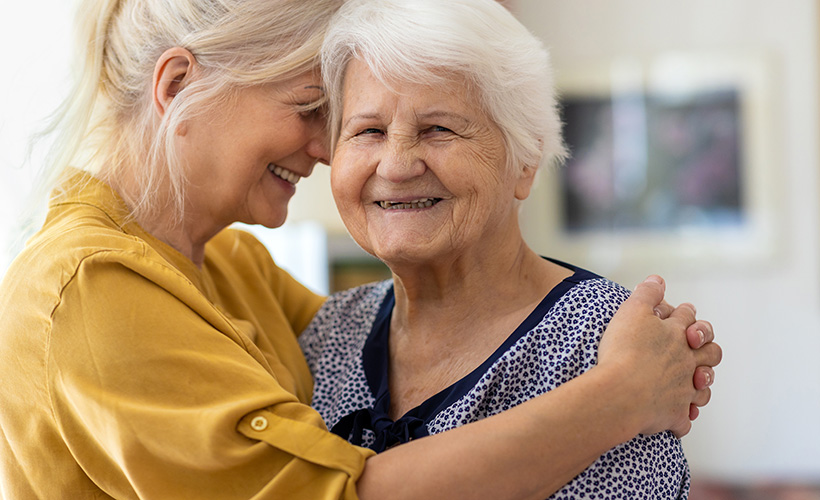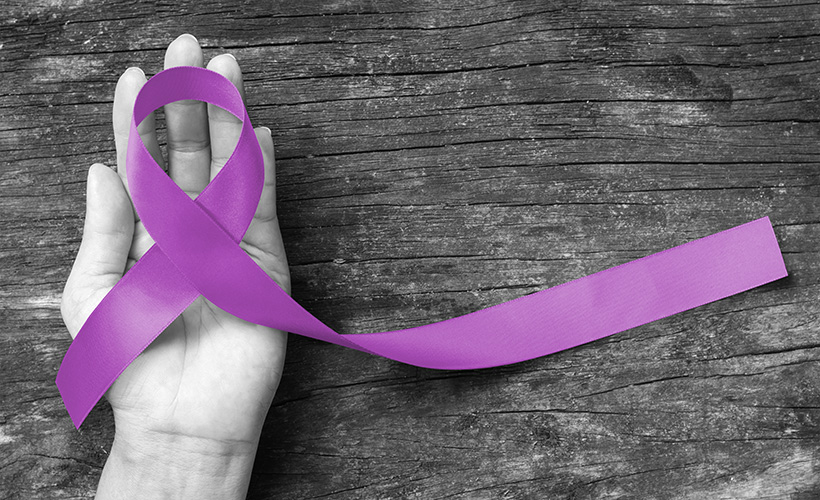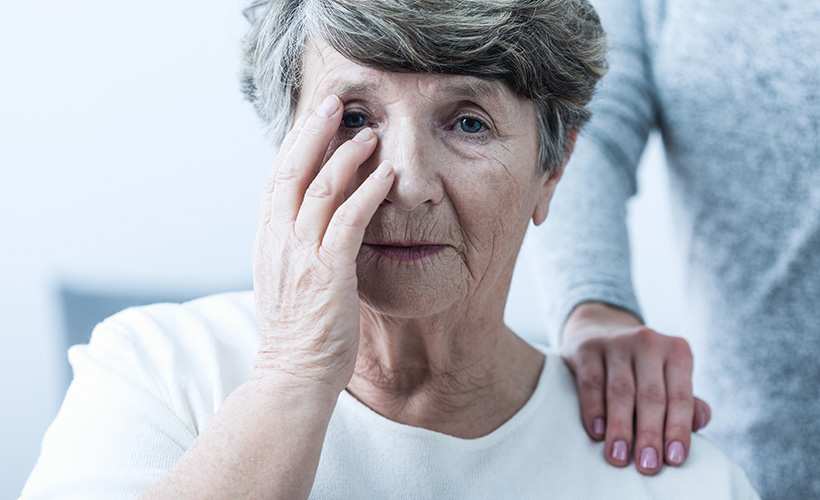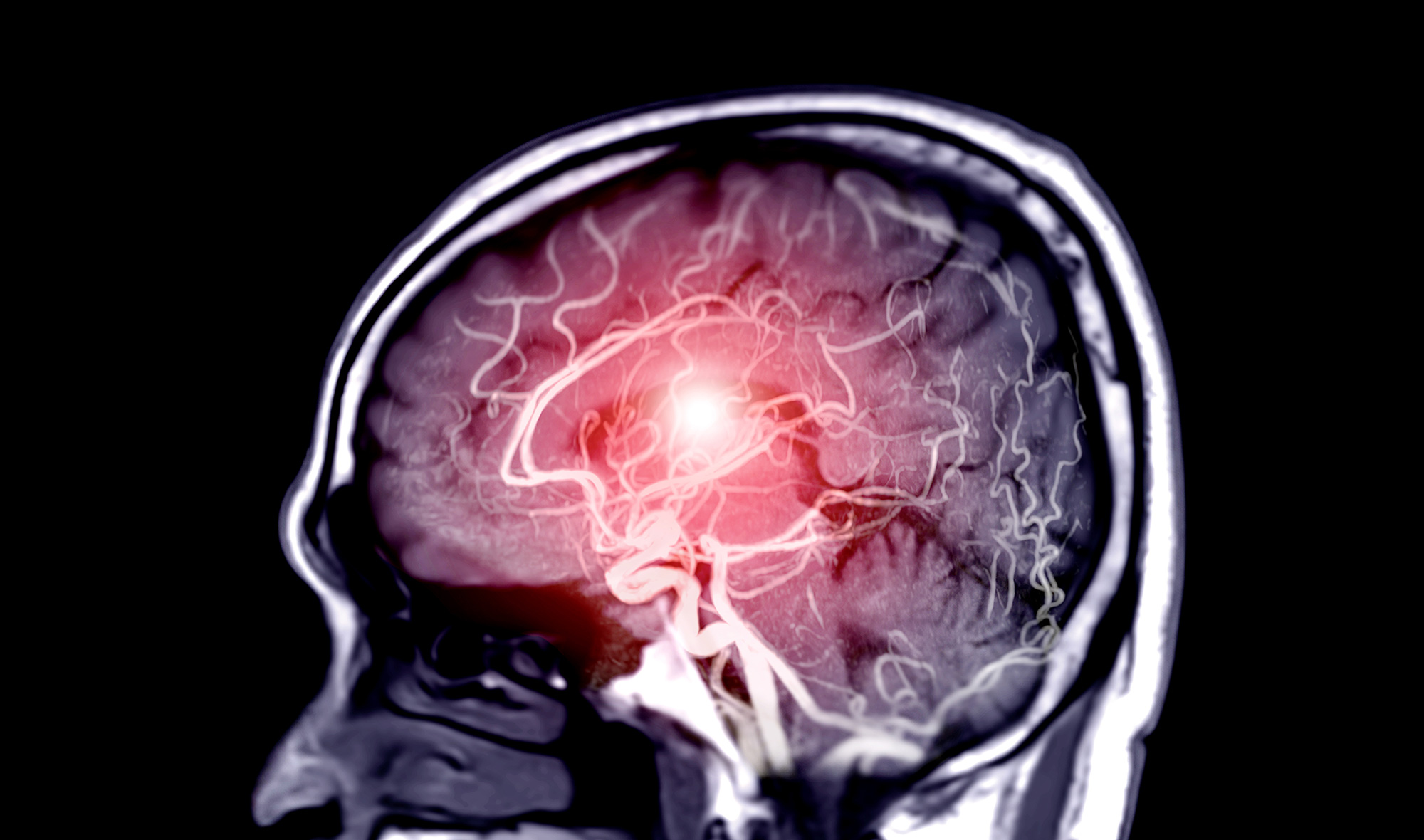We observe World Alzheimer’s month in September each year, to recognise the impact of dementia on people’s lives. Certainly the disease affects the person with dementia; it also affects the lives of the person’s family and friends. A survey conducted in 2017 concluded that four out of every five New Zealander’s know or has known someone with dementia.
Alzheimer’s is the most common type of dementia in New Zealand. There are however other types of dementia. We have support organisations named Alzheimer’s New Zealand as well as one named Dementia New Zealand. There is also a Young Onset Dementia Aotearoa Trust (YODAT). There are links to all of these at the end of this article.
Click here to read our 2019 blog on causes and symptoms of Alzheimer’s. This year we want to focus on supporting the partner or main carer of someone with any type of dementia. Being the main carer for a spouse or parent with dementia can be stressful. This article is aimed at people who know someone with Alzheimer’s or any other type of dementia. Who is their main carer? What can you do to support the carer?
Many families find that once someone is diagnosed with Alzheimer’s some of their friends stop visiting and stop phoning. They have just had a huge shock, and now they really need their friends more than ever. What can you do to help?
To start with the family will probably need their friends just to listen. It has been a big shock and they will have lots of emotions to deal with. Over time they will increasingly need help with looking after the loved one. People with dementia and their carer don’t always ask for help. It is good to offer that you are happy to do whatever they need help with. Often the things they most need help with will be easy for you to do and yet make a world of difference for the carer or the person with dementia.
Maybe you could offer to take the person with dementia out for a coffee, or go for a walk with them. Being isolated can speed the course of the illness and cause depression for the person with Alzheimer’s, they need to continue to have social contact for as long as that remains possible. Helping them get to a usual activity like to golf or bowls will be much appreciated. Does the person with Alzheimer’s enjoy the beach? Maybe take the person to the beach for a walk to give their partner a bit of time to themselves, to do the shopping by themself for a change.
With dementia and Alzheimer’s people usually lose recent memory first. Longer-term memory like how to play their favourite sport or what they did as a child will stay for a lot longer. This means they might forget you are coming to take them to bowls or for a walk, but they will still enjoy the outing once you get there. There will be good days and bad days for the person as to what they remember and what they are capable of. When first diagnosed there might be many days when you won’t even realise there is anything wrong.
There will be lots for the carer to find out and work through when they are first told of the diagnosis for their loved one. They might ask you to stay with the person while they check out a local support group for themselves or for their loved one. Maybe the carer just needs some time alone.
All dementias are progressive. To start with the person can still do most of their usual activities. Over time they will become increasingly dependent on help from their main carer and their extended whānau and friends. Maybe you could look after the person with dementia while their partner goes to a support group for partners. Local Dementia or Alzheimer’s groups provide safe environments for someone to ask questions or raise concerns. Support groups can ensure the carer is receiving any support that is available locally.
People with Young Onset Dementia may still be working or caring for a young family when they find out they are developing dementia. They will really appreciate any support anyone can offer. As with other dementias, the young onset dementia may progress slowly or quickly. The person may still be able to work for a while after diagnosis and then maybe part-time work.
The progression of Alzheimer’s or other dementias is highly varied. Keep checking in with your friends as to what type of help they need. Sometimes when we are in the midst of something it is difficult to look up and ask for help. Make sure you reach out and offer to help if you know someone who is caring for a person with dementia. It will make the world of difference for them to know you are still there for them.
If Alzheimer’s or other types of dementia affect anyone close to you, please know there is help available. Look at these links for information or to find a support group near you:
These organisations all provide support for people with various types of dementia. They have a range of information for the person with the disease as well as for their friends, family and carers.
If you click on any of the links above there will also be information on how to volunteer. Most support groups like the ones above rely heavily on the generous help of volunteers. If you do not need the help of one of these groups then maybe you could help them by becoming a volunteer.
Written by Linda Caddick
This blog provides general information and discussion about medicine, health and related subjects. The information contained in the blog and in any linked materials, are not intended nor implied to be a substitute for professional medical advice.















Community